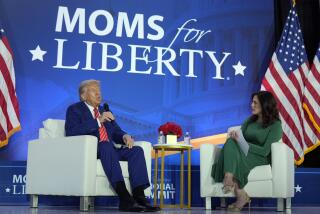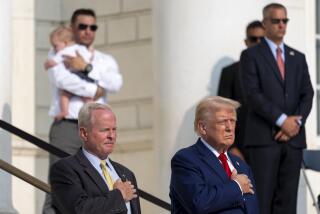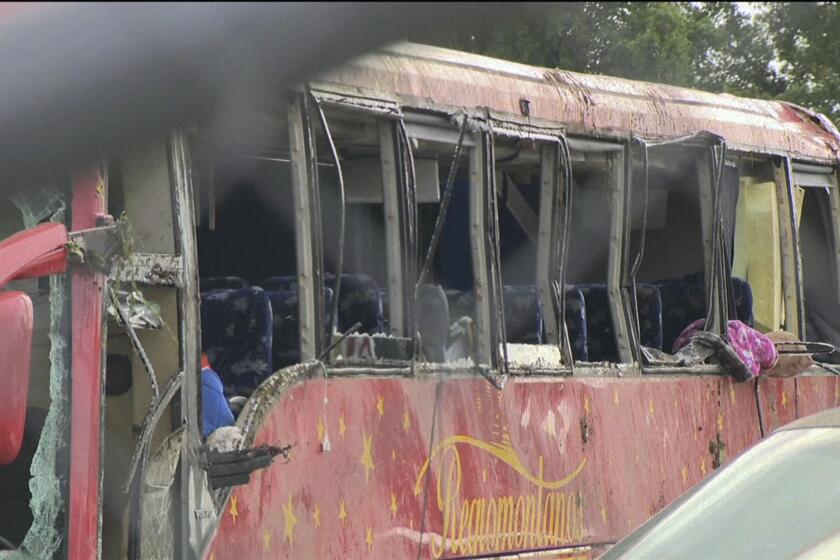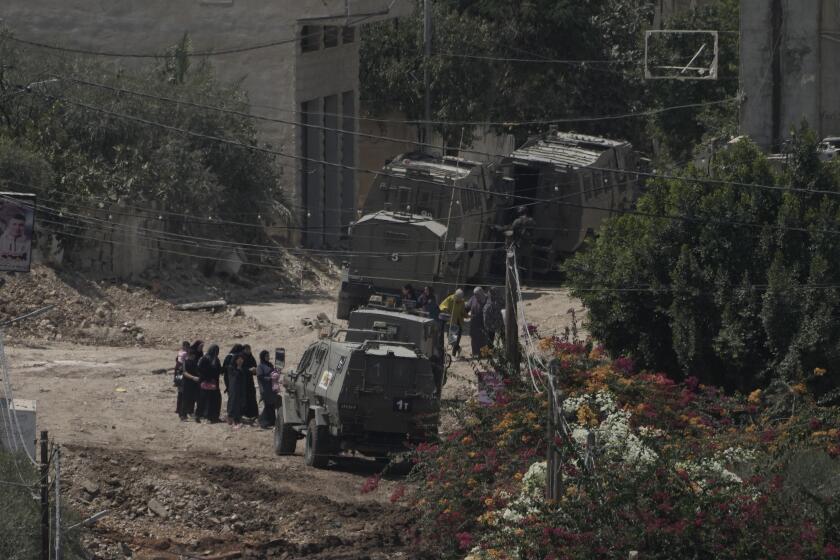The Mercurial Prince Comes Up Short : Still, war-torn Cambodia may have turned a corner last week
Cambodia may be closer to peace than ever. The country’s four warring factions huddled last week and agreed to slash their military forces. It was a major breakthrough toward a negotiated peace that would end 12 years of bitter civil war.
The negotiations, obscured by dramatic events in the Soviet Union, fell short of a comprehensive peace plan. But the factions, working as a coalition known as the Supreme National Council, made significant and substantive progress in a very short time. This reflects the possibility that Vietnam and China, patrons of the two biggest factions, may finally be committed to ending the war.
The 12-member council, headed by Prince Norodom Sihanouk, met to formulate a peace plan based on a settlement proposal drafted last November by the five permanent members of the U.N. Security Council. The proposal by the United States, Soviet Union, Britain, France and China calls for a U.N.-monitored truce, demobilization of all armies and a U.N. Transitional Authority to oversee Cambodia until free elections can be held.
The Cambodian council agreed to reduce their armies and weapons supplies by 70% and reached consensus on other disarmament and human rights issues. But haggling over elections dashed hopes that the interim coalition would come up with a peace plan to present to representatives of the permanent five, which also met last week to review results of the Cambodian talks. That set back Sihanouk’s big plan to have a treaty ready for signing by October, a month before the mercurial prince is scheduled to resume residence at the palace in Phnom Penh, making it the seat of the Supreme National Council.
Still, the progress so far has been remarkable enough to get qualified U.N. support. Some might argue the price of peace has been at the expense of legitimizing the Khmer Rouge, which between 1975 and 1978 killed more than 1 million Cambodians. But the Supreme National Council embraced the still dangerous Khmer Rouge only to contain and disarm its fighters. Recognizing this, the Vietnamese-backed government of Cambodian Prime Minister Hun Sen backed off from its insistence that the draft accord include the word genocide. Instead it will state only that Cambodia’s “recent tragic history” requires special measures to protect human rights.
A treaty is necessary before the United Nations can move in to solidify the current fragile cease-fire. Resolving the conflict is a pre-condition that Washington has set for normalizing relations with Vietnam. Peace for Cambodia would open a new era throughout Southeast Asia.
More to Read
Sign up for Essential California
The most important California stories and recommendations in your inbox every morning.
You may occasionally receive promotional content from the Los Angeles Times.






